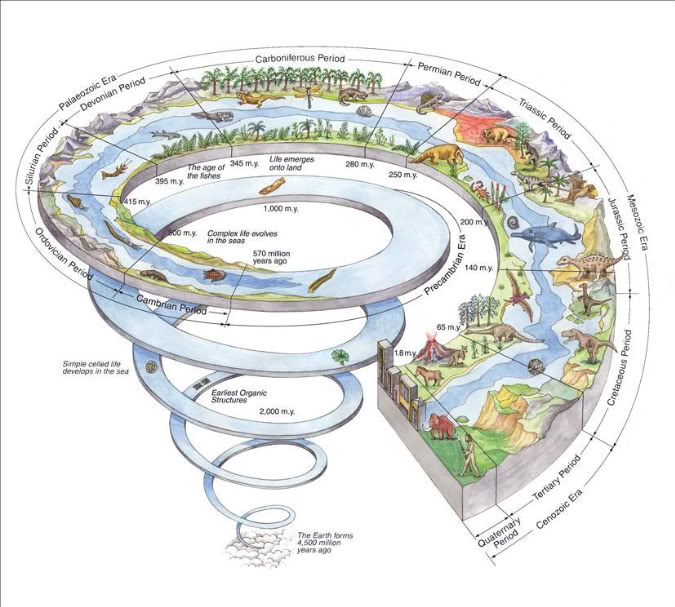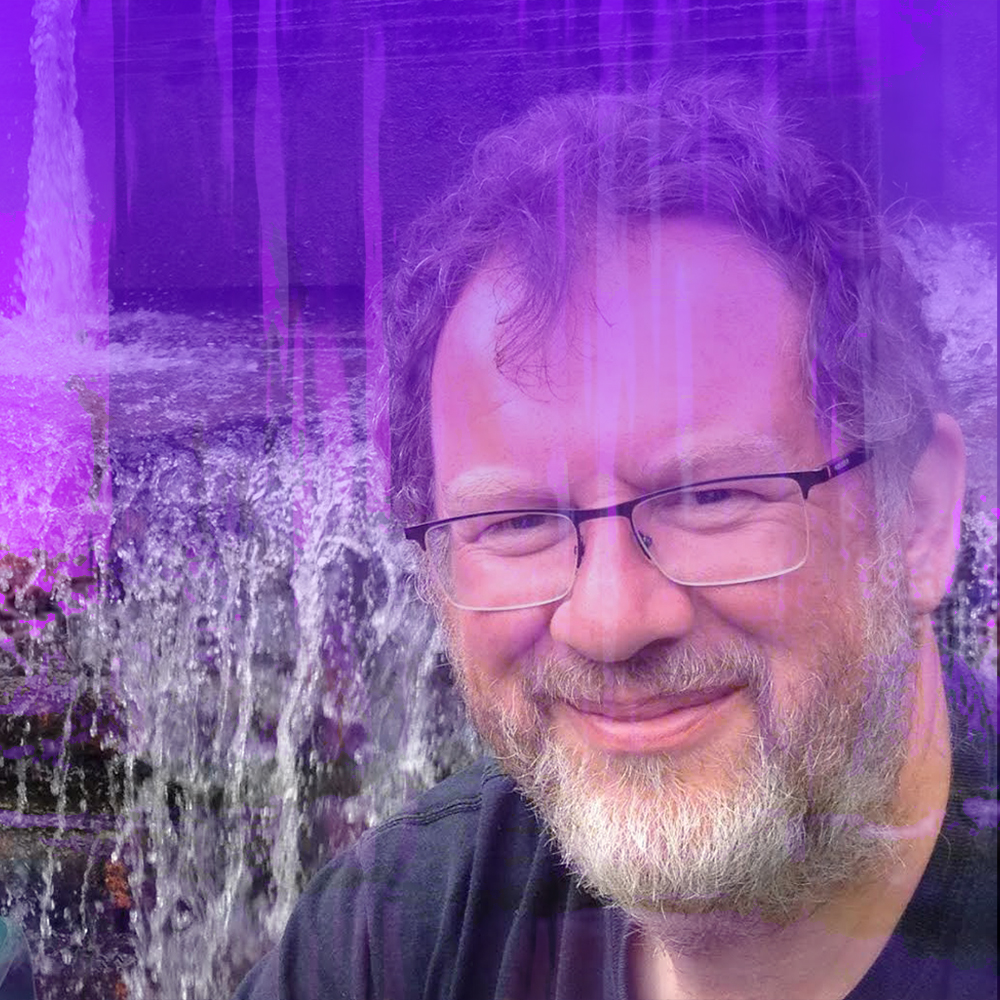Parasite Logic and Pataphysical Reasoning for a Working Earth
A talk exploring how pataphysics may challenge dominant forms of reason in order to address the generalised crisis in communication that typifies the Anthropocene, a new geological epoch in which human activities, led by business interests, have inexorably compromised the Earth System.


We have entered the Anthropocene: a new geological epoch in which human activities, led by business interests, have inexorably compromised the Earth System. The current failure to provide a comprehensive and systematic response to this transition does not result from a lack of reason, but is instead the manifestation of a generalized crisis in communication. To work through this crisis, it is necessary to adopt different forms of reasoning and imagination to reshape the rational basis of our intellectual systems. We may do this through an engagement with pataphysics, a science that subjects dominant modes of rationality to a divergent thinking of the absurd and proposes playful forms of reasoning. Pataphysics provides a mechanism for developing imaginary solutions to the current situation, which can disrupt anthropocentric forms of reason and reasoning, and further serve to slow down the endless cycles of inclusion and exclusion that arise from the kind of parasite logic described in the work of Michel Serres.
Andrew Hugill
Andrew Hugill is Founding Professor of Creative Computing at the University of Leicester. He is a composer and musicologist, creative technologist and pataphysician, who consistently works across artistic and scientific disciplines. He has founded several transdisciplinary entities in universities, including: Music, Technology and Innovation (De Montfort University, 1997); Insitute Of Creative Technologies (De Montfort, 2006); Creative Computing (Bath Spa University, 2013); and Creative Computing (University of Leicester, 2018).
Hugill has had a distinguished teaching career, which was recognised in 2006 with a National Teacher Fellowship and again in 2016, when he was made a Principal Fellow of the Higher Education Academy. He is also a Fellow of the Royal Society of Arts.
Hugill's research publications include the books The Digital Musician (Routledge, 2016), now in its third edition; 'Pataphysics: A Useless Guide (MIT Press, 2012); and The Orchestra: A User's Manual (2004), an online publication which still regularly gets 15,000 unique visits per month. His musical compositions have been performed worldwide, and include: Catalogue de grenouilles (Catalogue of frogs) (1987), Island Symphony (1995) and Thirty Minutes for Diplacusis Piano (2019).
